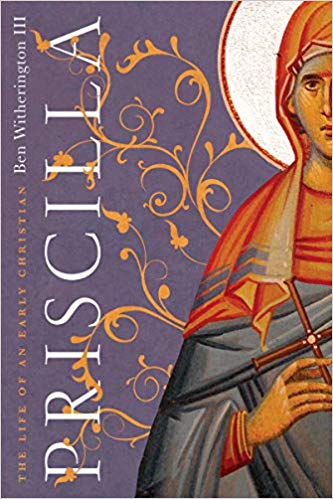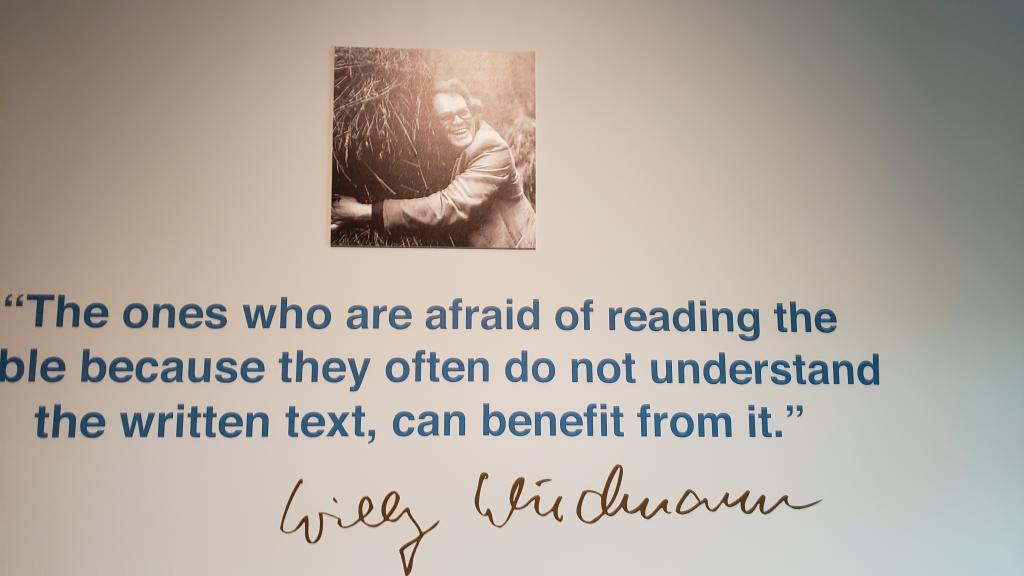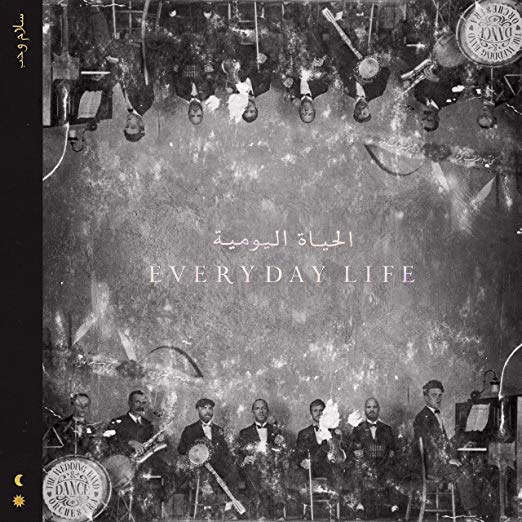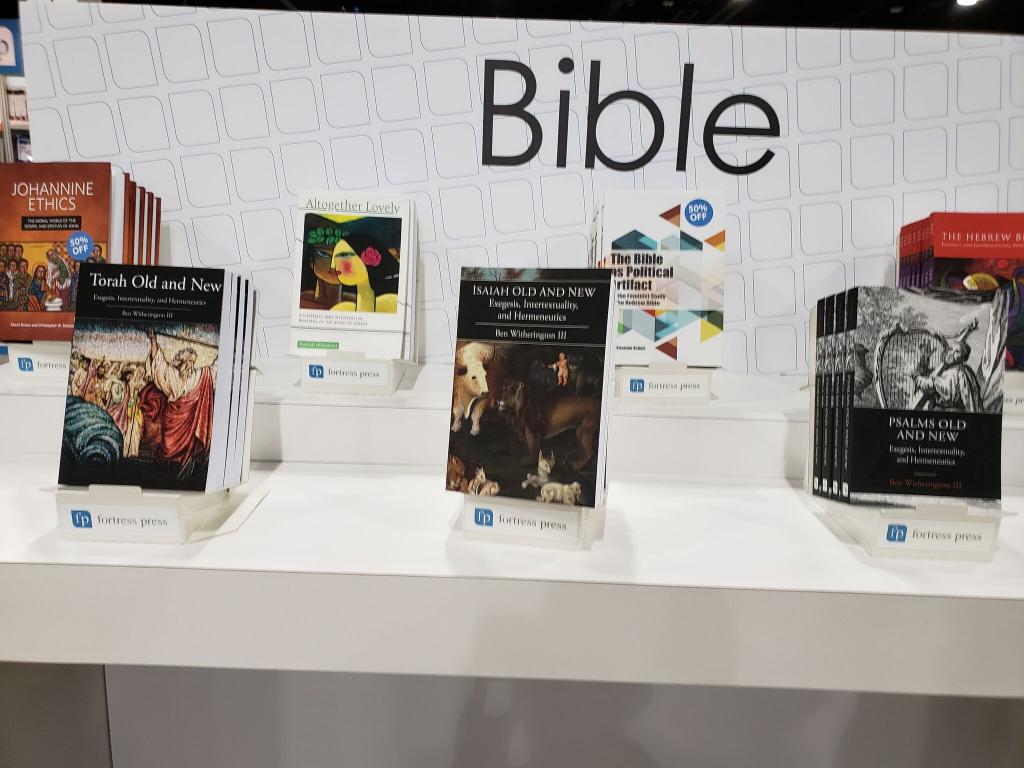https://www.wspa.com/news/state-news/k-9-bites-cow-sc-deputy-tases-k-9-cow-kicks-deputy/ You’ve heard the stories of man bites dog. You’ve heard the stories of dog bites man, now hear the story of a deputy’s K-9 who bites a cow whilst investigating a possible robbery in Georgetown S.C. The dog is then tased by the officer to make him let go of the cow, and then the cow, in revenge kicks the officer and the property owner. No wonder those Chick-fila cows say ‘eat more chicken, approach me at your own... Read more

















